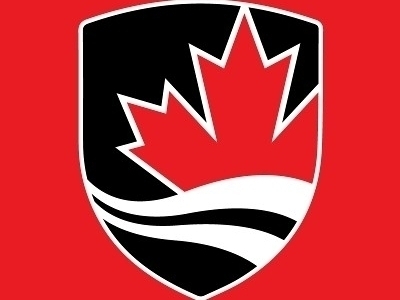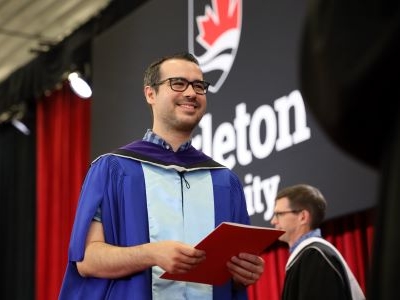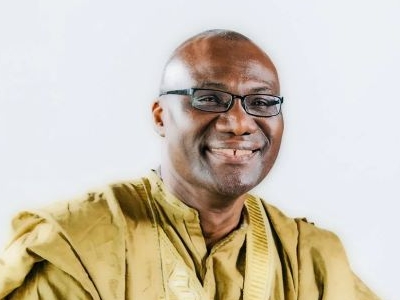Medical physics PhD student Marc Chamberland is helping save lives, a few millimetres at a time.
Chamberland is part of a team of Carleton researchers working to improve the accuracy of radiation beams targeted at cancerous tumours. Normally, before beginning radiation therapy, a patient’s body is scanned and the locations of tumors marked. The radiation beam then adds a margin of error of up to 15 millimetres when targeting the tumor in case it has shifted.
Chamberland’s system will track the tumours in real-time and may limit that margin to just a millimetre. This allows for full delivery of radiation therapy to the tumor and better protects the surrounding tissues, explains Chamberland.
Chamberland’s positron emission tracking, or PeTrack system, is especially promising in lung and other respiratory cancers where tumors may move every time you breathe.
According to the Canadian Cancer Society, lung cancer kills more men and women than any other type of cancer. This year, more than 25,300 Canadians will be diagnosed with lung cancer and 20,600 will die of it, an average of 56 Canadian deaths every day.
Software for the PeTrack system is in development; hardware is currently under construction. It consists of four detectors that will be mounted on a clinical radiation therapy machine, with patients lying on a treatment bed.
Chamberland started out studying theoretical physics. He switched to Carleton’s medical physics program because of its opportunities to change and even save lives
“I’m very lucky to be here,” says Chamberland. “As students we have the opportunity to work closely with the Heart Institute, Ottawa Cancer Centre, NRC, Health Canada, other local hospitals.” All medical physics students and faculty are members of the Ottawa Medical Physics Institute, a network of medical physicists in Canada’s capital region.
Chamberland also devotes his time to Let’s Talk Science, an outreach program where more than 2,000 volunteers from across Canada visit elementary and high schools and get kids excited about studying science. Chamberland has travelled as far away as Baffin Island with the program and last year received its national volunteer award.
-By Shannon Wilmot with files from Research Works
Wednesday, November 30, 2011 in Grad Student Research, News
Share: Twitter, Facebook





